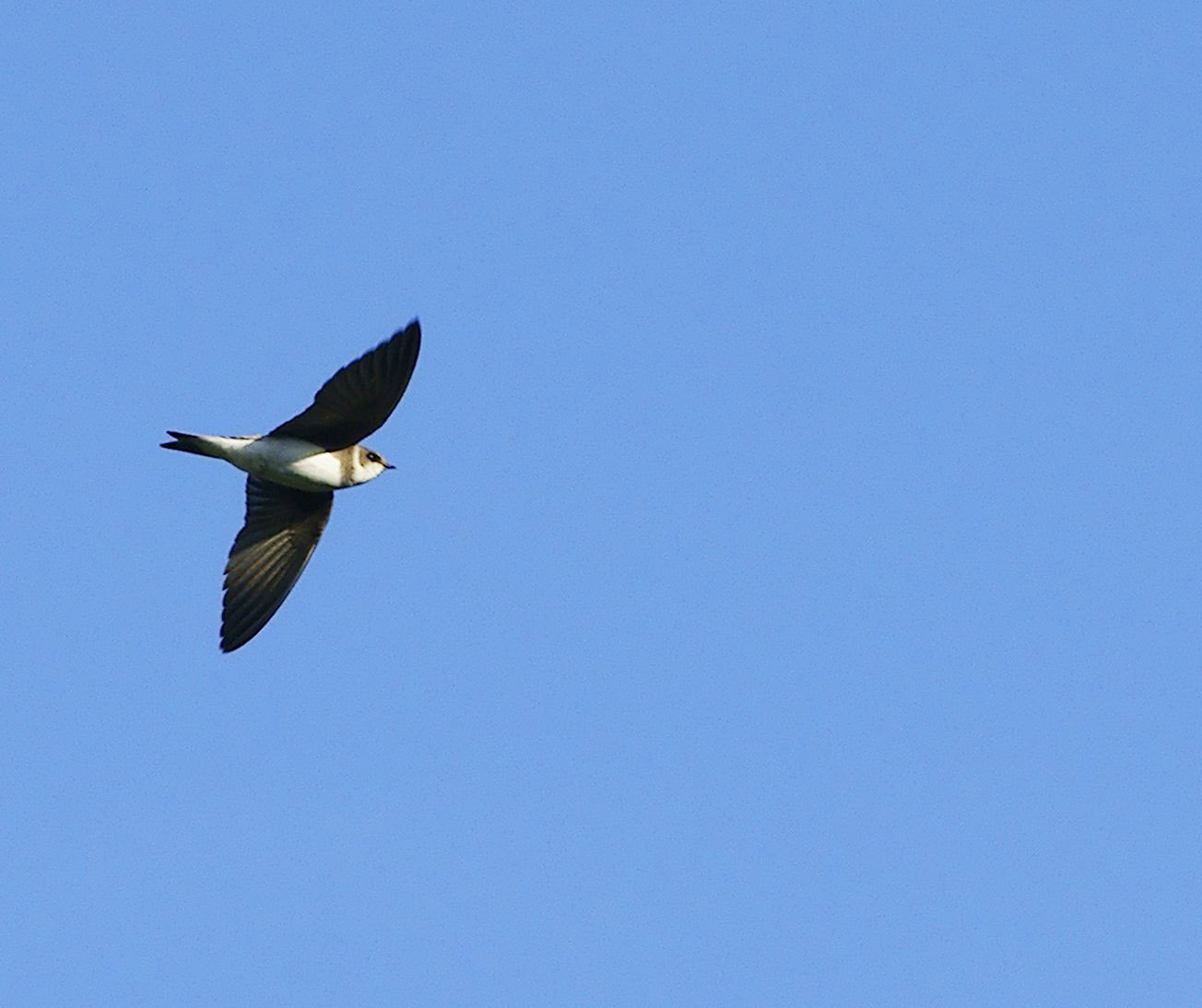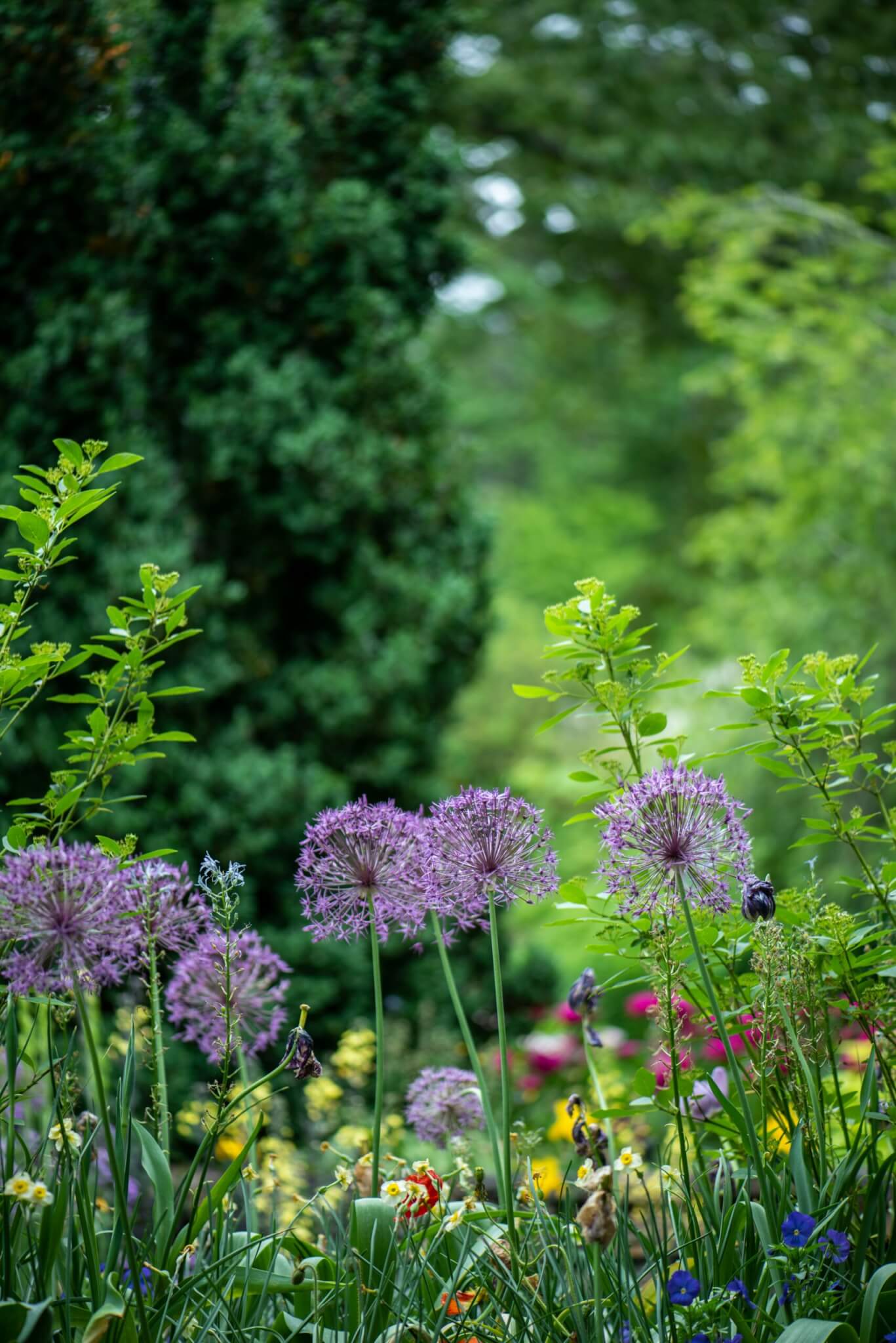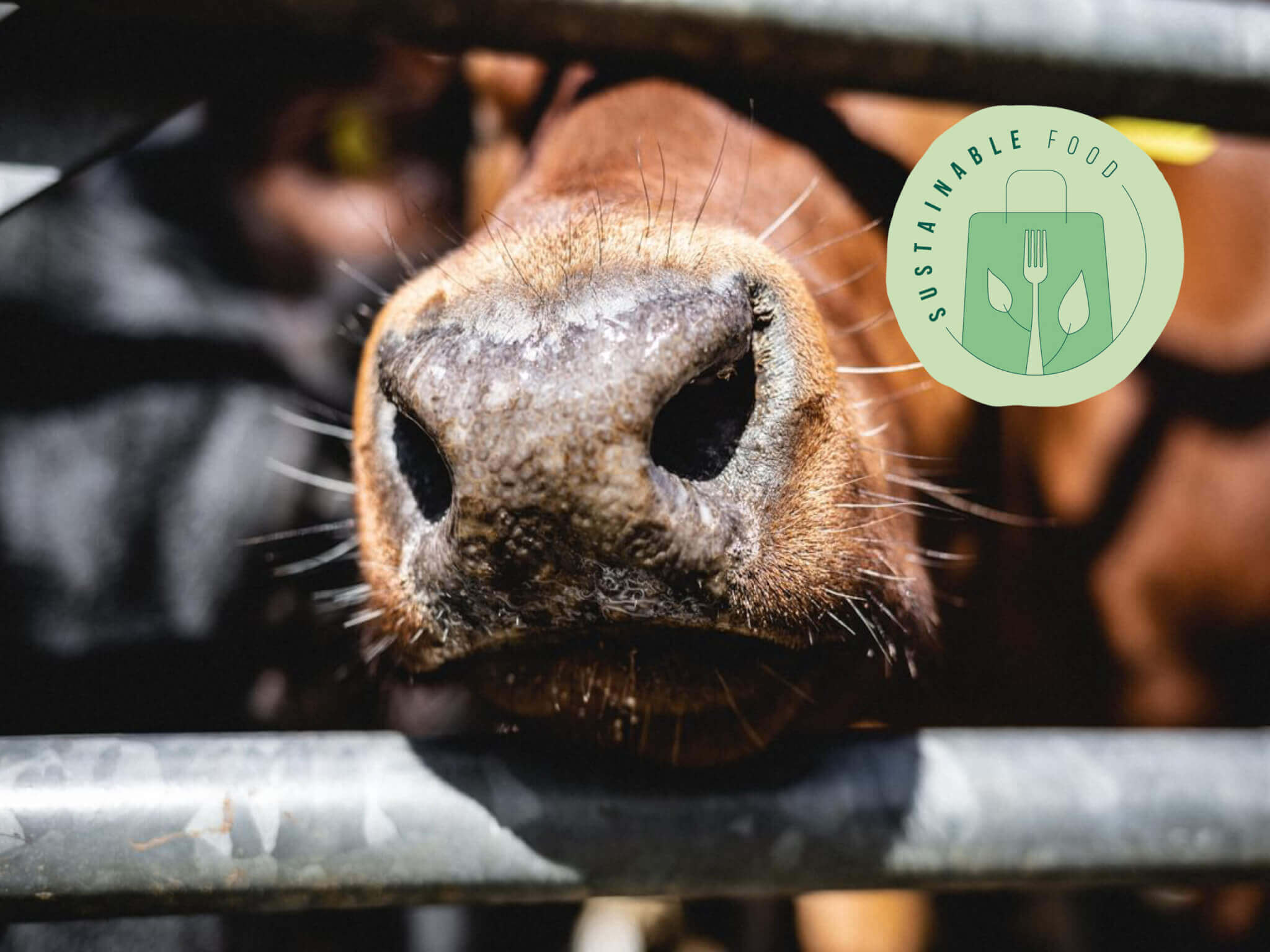A video that has gone viral on social media showing sand martins that had returned from Africa unable to nest on cliffs in Norfolk has attracted outrage and raised the issue of netting of bird habitats.
A local conservationist who posts online as ‘Norfolk Bea’ first posted the video of a sand martin, having flown thousands of miles from Africa for the nesting season, struggling to access the sand cliffs in Bacton, Norfolk, where the birds usually nest in burrows.
The video has now been shared thousands of times and the story has been covered by national newspapers and radio stations, with pressure building on the North Norfolk District Council to act.
As a result of social media and other media coverage, the council has since invited the RPSB to visit the site in question and discuss any concerns, and said it will remove the netting covering the upper section of the cliffs.
“Following positive discussions with the RSPB and Natural England today, we have instructed contractors to remove the upper levels of netting on Bacton cliffs,” a council spokesperson said. “Minimum levels will be retained to assist in progressing with this critical project to protect people’s homes and national infrastructure.”

The council said it had netted the cliffs to minimise disruption to a small number of sand martin burrows on the cliffs during a sandscaping project. The RPSB tweeted that the issue was “heart-breaking” and said that the council had ignored initial advice from the charity to use the netting only as a last resort.
The incident has raised the issue of the protection of migratory bird species, and the fact that live bird nests have legal protection whereas nest sites do not. A petition to grant legal protection to swallow, swift and martin nest sites had over 43,000 signatures at the time of writing.
“We cannot keep trying to squeeze nature into smaller and smaller spaces or demanding it fits in with our plans,” the RSPB said. “People around the country are dismayed to hear about cases where birds returning from long journeys are being deliberately excluded from sites where they might choose to raise their young. Those people want action, and so do we.”













It seems incredible that in england. Where people claim to be animal lovers that anybody should think it acceptable to destroy a birds nesting site. Even if its only a ‘few’. There probably once was a lot more.